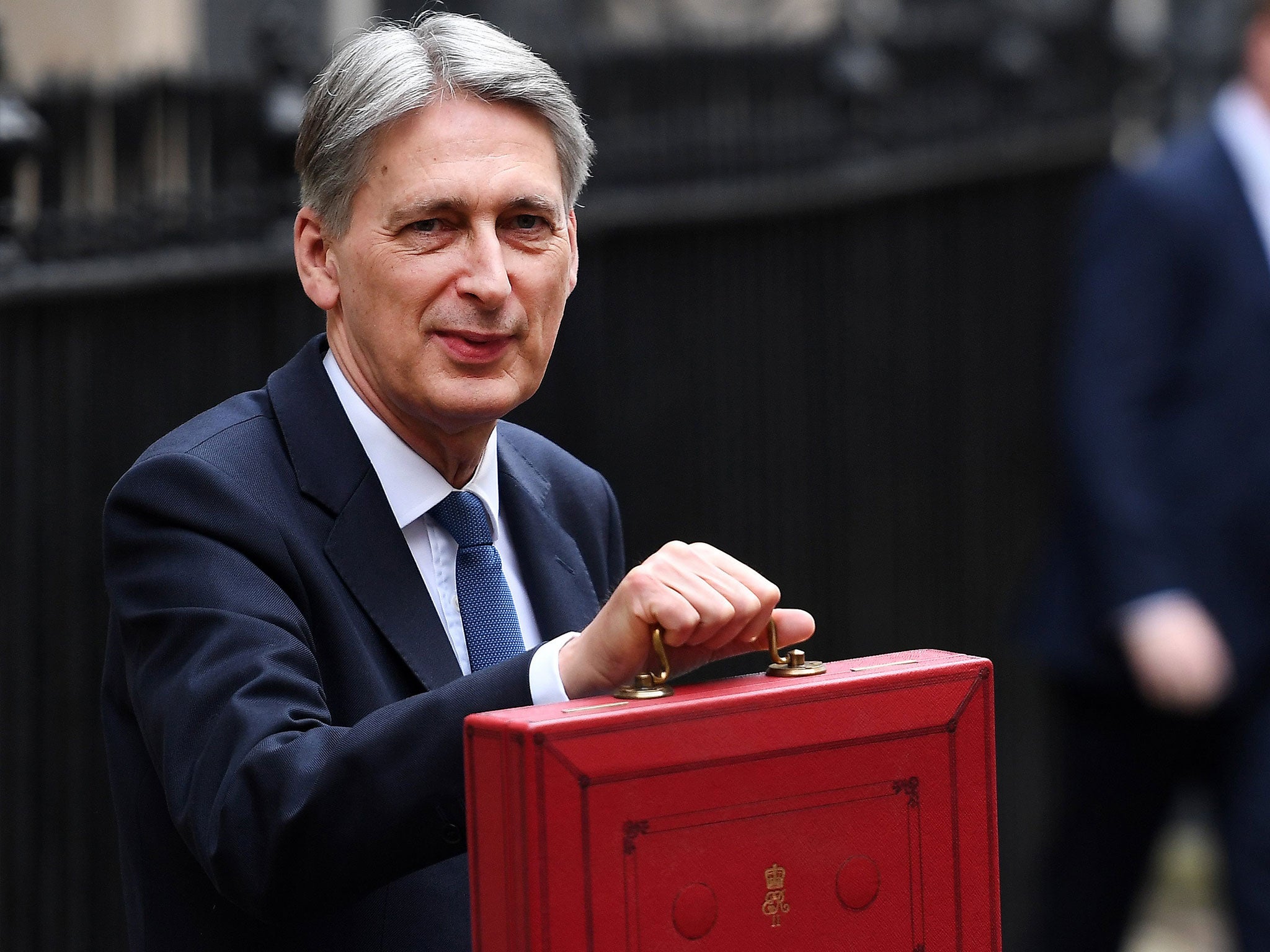How long will it be before the Conservatives U-turn on the National Insurance increases?
The warning from history is plain: for a Tory Party, like a Republican president, to lose credibility on the key question of taxation is a serious affair

Your support helps us to tell the story
From reproductive rights to climate change to Big Tech, The Independent is on the ground when the story is developing. Whether it's investigating the financials of Elon Musk's pro-Trump PAC or producing our latest documentary, 'The A Word', which shines a light on the American women fighting for reproductive rights, we know how important it is to parse out the facts from the messaging.
At such a critical moment in US history, we need reporters on the ground. Your donation allows us to keep sending journalists to speak to both sides of the story.
The Independent is trusted by Americans across the entire political spectrum. And unlike many other quality news outlets, we choose not to lock Americans out of our reporting and analysis with paywalls. We believe quality journalism should be available to everyone, paid for by those who can afford it.
Your support makes all the difference.An unusual source of political wisdom, for sure, but Iain Duncan Smith’s advice to the Government to drop their planned National Insurance increases for the self-employed is entirely right.
Mr Duncan Smith has warned that they may not get the measure through the Commons, and he is right. It is, for all their wriggling, plainly a breach of a manifesto commitment – or “vow”, to quote David Cameron – solemnly made in 2015. Maybe Theresa May and Philip Hammond thought they could get away with it. After all, with a 31-point lead on economic competence over the Labour Party, what could possibly go wrong? The answer, we discovered rapidly, is the Government’s slender majority in the Commons and the instinctive revulsion many Tory backbenchers feel towards the move.
Technically, the rebellious MPs will find it an easier measure to defeat because the NI changes require a separate bill, so a defeat on the main Finance Bill – traditionally regarded as an especially grave embarrassment to any administration – can be avoided.
So Mr Duncan Smith is correct to remind his parliamentary colleagues of the fate of resident George HW Bush. Long ago in another place, admittedly, he had won the US presidential election of 1988 with the sound bite, “read my lips, no new taxes”. With the sort of otherwise laudable pragmatic instincts hat Mr Hammond shares, Mr Bush was forced into raising taxes in the early 1990s recession. In 1992 he was thrown out in favour of Bill Clinton. The warning from history is plain: for a Tory Party, like a Republican president, to lose credibility on the key question of taxation is a serious affair.
Only if, to borrow another phrase loaded with Tory history, there is no alternative should it be contemplated. With the NI hikes, there are many alternatives the Government could and should have pursued, mainly aimed at making the wealthy, whose incomes far exceed those of the average struggling freelancer or self-employed business, bear the fairest share of the burden.
Were the Labour Party in a better state of health, it would be vigorously pursuing this shambles and attracting the rare attention of a group of people who have usually be reluctant to consider that alternative. As ever, though, there is confusion.
So Mr Hammond, by accident or design, has created a perfect storm just when his ministerial colleagues least needed one, preoccupied as they have to be with the challenge of Brexit. Instead of what was deigned to be a dull, low-key set of announcements, a caretaker Budget, Mr Hammond has contrived to hit one of the Conservatives’ most sensitive nerves. How far away can a U-turn be?
Join our commenting forum
Join thought-provoking conversations, follow other Independent readers and see their replies
Comments